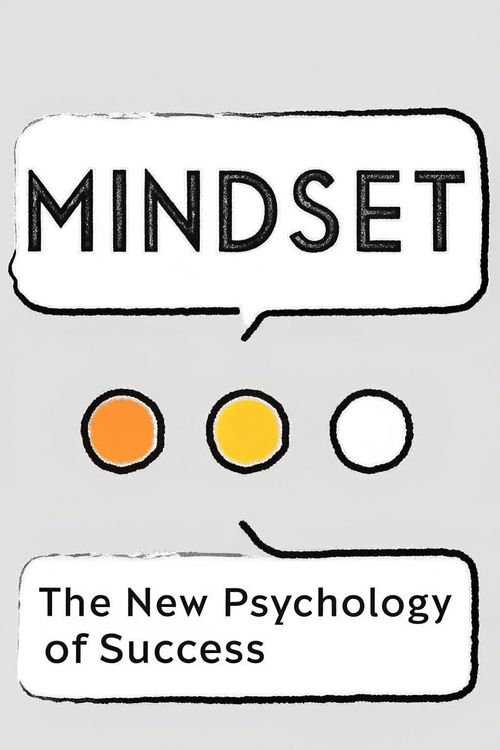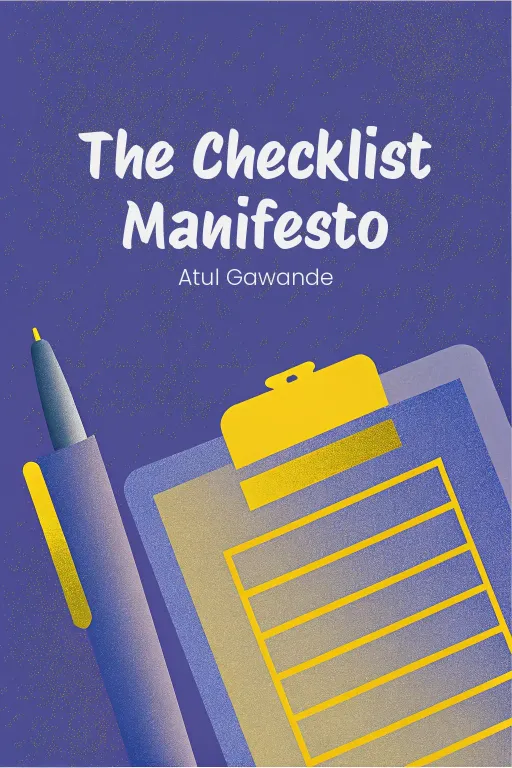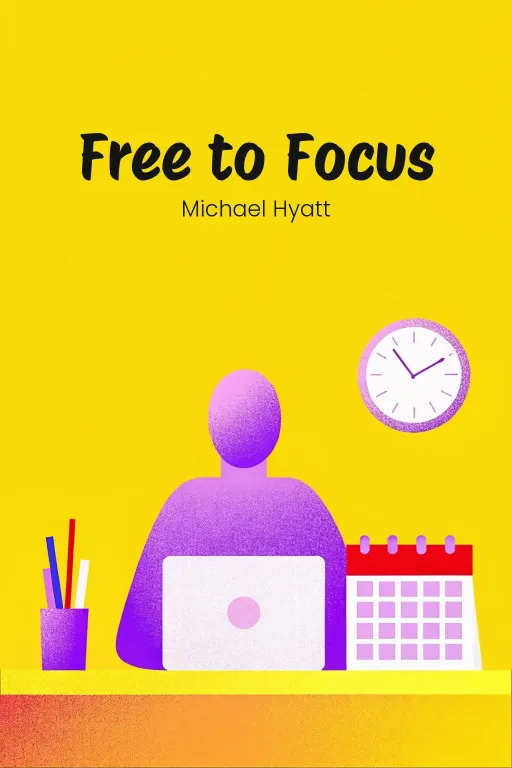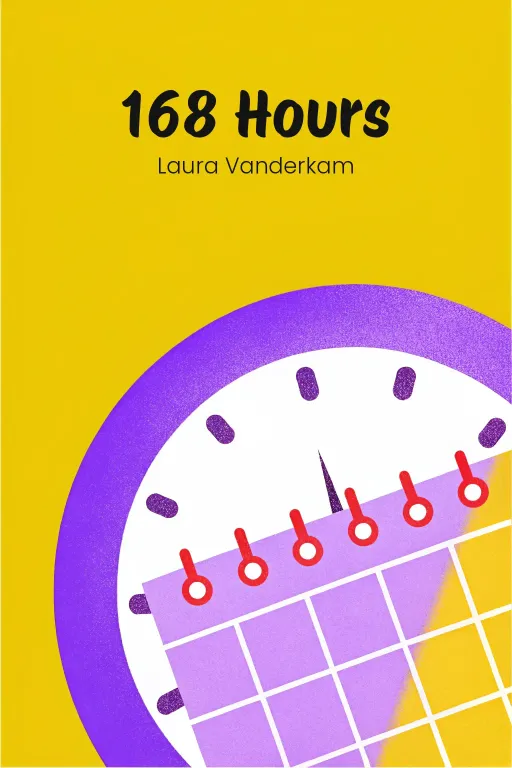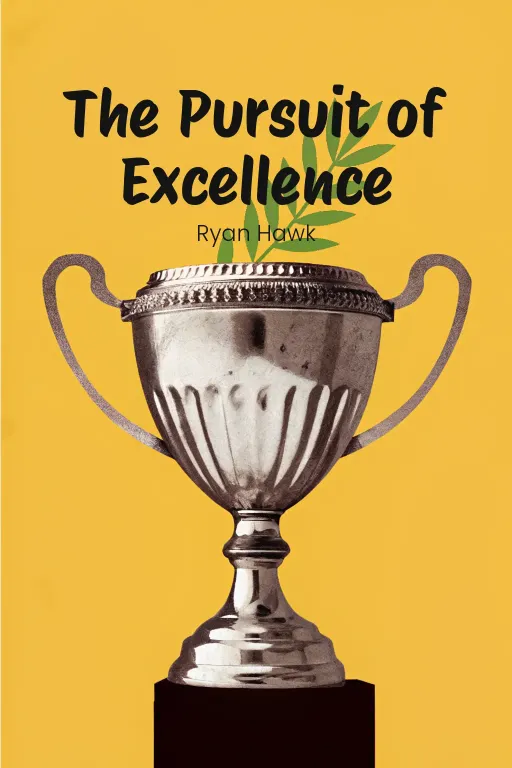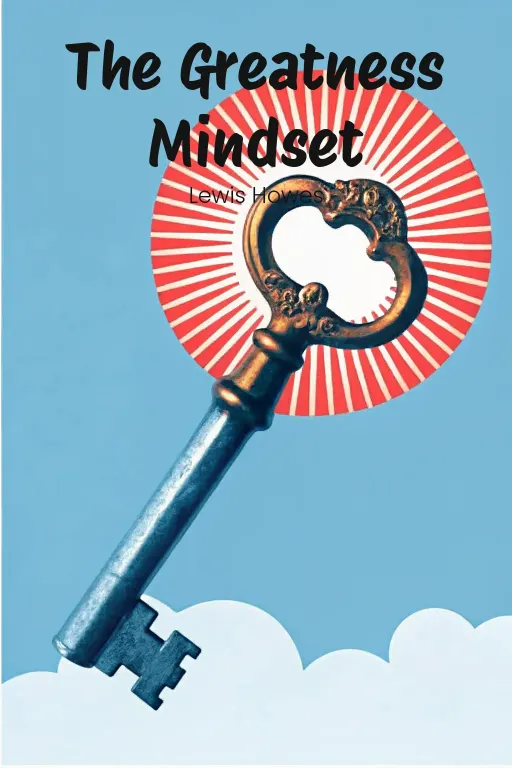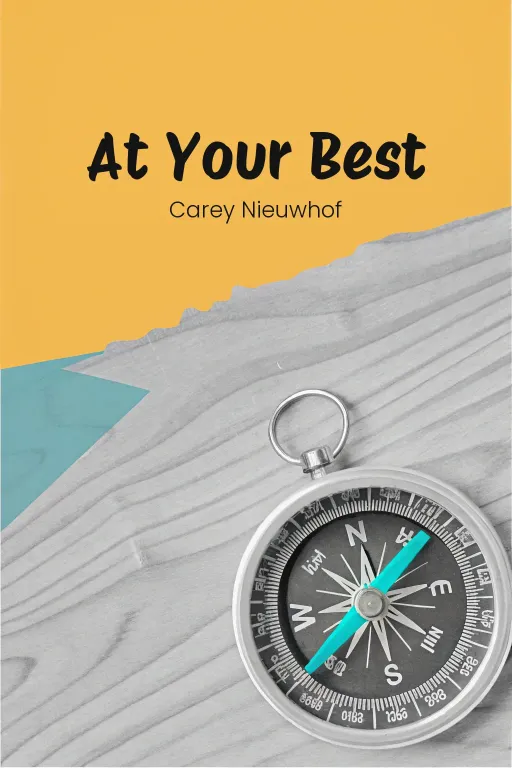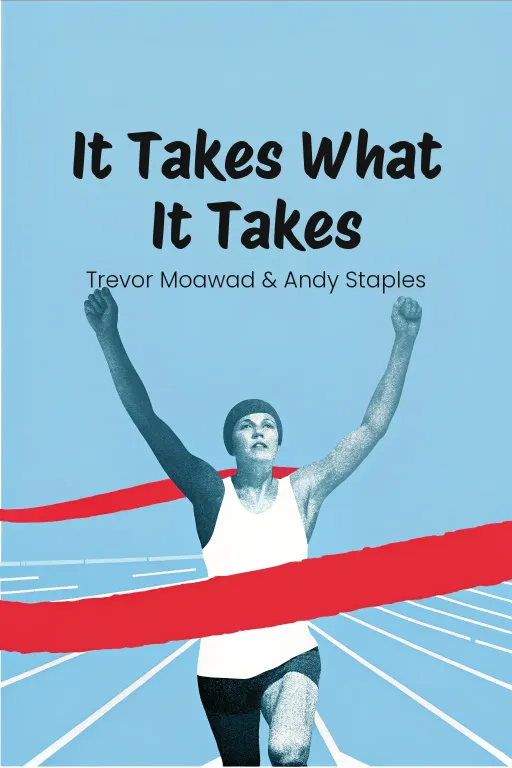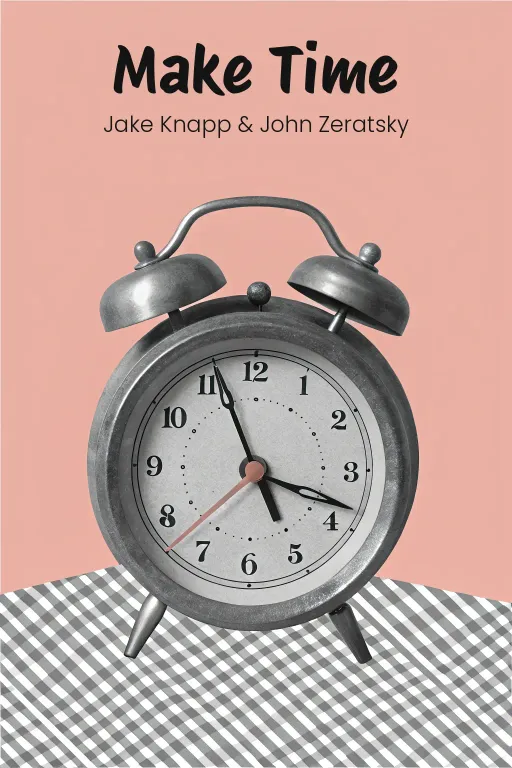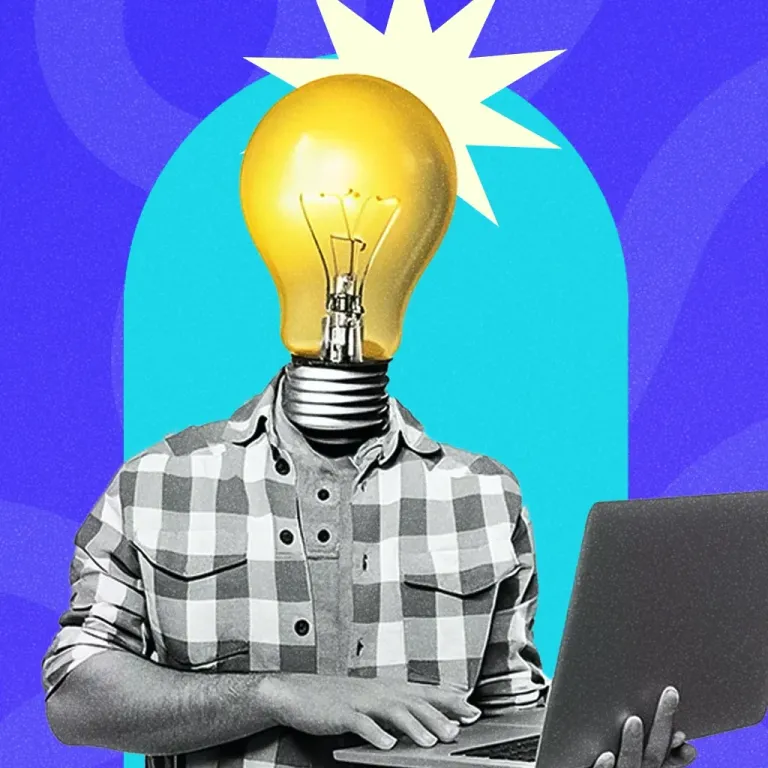
Focus Better: Unlock Your Brain's True Power
Podcast by Beta You with Alex and Michelle
Rules for Focused Success in a Distracted World
Introduction
Part 1
Alex: Hey everyone, welcome back! Today we're tackling something that could seriously change the game for you—your ability to focus. Seriously! Michelle: <Sarcastically> Oh, fantastic. So casually upping the ante! Life transformation, huh? What’s the secret sauce, Alex? Or is it more snake oil? Alex: No gimmicks, Michelle, I promise. We're talking about “deep work”. Basically, it's about carving out chunks of uninterrupted time for the stuff that really matters, versus, you know, endless email chains or falling down the social media rabbit hole. Michelle: Right, because telling people they're easily distracted is always a winning strategy. But okay, I'll bite. What’s so revolutionary about…focusing? Isn't that, like, a basic skill? Alex: Well, Cal Newport, the author of the "Deep Work" argues it's becoming a “superpower”, especially now. We're bombarded with distractions! It's the kind of intense concentration that fuels real breakthroughs, mastery, and, get this, genuine satisfaction—both in our careers and our personal lives. And it’s not just theory; he lays out tangible ways we can actually make deep work a habit. Michelle: Professional success and personal fulfillment, huh? Well, ambitious goals, I like it. But talk is cheap, let’s get into it. Alex: Absolutely! So here’s the plan for today: First, we'll really nail down what deep work is, and why it's become such a rare commodity these days. Then, we’ll break down some actionable techniques you can use to weave deep work into your day-to-day – think of it like, training your attention span like you'd train a muscle. And finally, we'll look at the bigger picture: the increased productivity, the surge in creativity, and maybe, just maybe, even a dash of purpose. Michelle: So, like a focus rehab? Except instead of withdrawal symptoms, you get clarity. I guess anything is possible. Alex: Exactly! Let's dive in and figure out how we can take back control of our attention in this noisy world.
The Concept and Importance of Deep Work
Part 2
Alex: Okay, so let's dive into what deep work actually “is”. Simply put, it's about dedicating yourself, distraction-free, to tasks that “really” stretch your mental muscles. It's the flip side of shallow work – the emails, meetings, and social media scrolls that don't demand much brainpower. Michelle: Which, if I had to guess, is where most of us spend the bulk of our time, right? Alex: Absolutely. Research supports that. I was just reading a McKinsey report that says the average knowledge worker spends over 60% of their week on communication – emails, instant messages, the whole shebang – leaving very little time for actual, deep “thinking”. And that constant task-switching? Not only is it inefficient, but it also wears down our capacity to focus deeply. Michelle: So, multitasking is basically the enemy, then? Alex: “Ruining” might be strong, but, yeah, essentially. Every time you switch tasks, your brain needs to refocus, which takes up valuable energy. It's like... there's this "attention residue," where a part of your brain is still stuck on the last thing, even as you've moved on. Deep work eliminates that. It's about cutting out the distractions and getting into what Mihaly Csikszentmihalyi calls "flow" – that mental state where you're working with real intensity and purpose. Michelle: Sounds ideal, but let’s be real. How many workplaces are actually “set up” for flow? Open offices, Slack notifications popping up constantly, colleagues stopping by to ask questions… Seems like they're designed to keep us in shallow-work mode. Alex: You're not wrong there. And that's exactly why deep work is so incredibly valuable these days. It's become “rare”. Think about it: in a world where most people are just skimming the surface while juggling a million notifications, the ability to really focus gives you a serious edge. Michelle: Okay, so the world's a distraction machine, and Newport's telling us to "focus or be left behind." But how does this actually translate into being more productive? I mean, is there proof that this actually works? Alex: Definitely. Take Adam Grant, for example. He's that Wharton professor who's famous for his insane productivity. He structures his entire work life around maximizing deep focus. He divides his year into specific "campaigns." When he's teaching, he's “all-in” on his students. But come research season – typically spring and summer – he's 100% focused on writing and research. He produces groundbreaking work because he doesn't dilute his attention. Michelle: So rather than trying to juggle everything at once and doing a mediocre job, he just focuses intensely on one thing at a time and crushes it? Alex: Exactly. Research shows that grouping similar tasks together like that allows your brain to fully shift into "deep mode" instead of wasting energy constantly switching gears. It's not just about doing “more”; it's about doing “better”. And that's the key to productivity through deep work. Michelle: I'm starting to see the light. You mentioned creativity earlier, though. Does deep work somehow unlock innovation, too? Alex: Absolutely. When you give your mind the focused time it needs to “really” explore a problem, that's when breakthroughs happen. Think about Carl Jung, the psychologist. Back in 1922, he was dealing with all sorts of professional turmoil – his split from Freud, challenges to his theories. So what did he do? He built himself a retreat in Bollingen, Switzerland – basically a stone tower, designed to eliminate distractions. He used that space for deep thought and writing, which ultimately led him to develop concepts that revolutionized psychology. Michelle: A stone tower in Switzerland? That's some serious dedication. I can barely resist checking my phone during lunch. But it sounds like isolating himself like that allowed him to shut out the noise and “really” zero in on the important work. Alex: Exactly. Both physical and mental separation are key. The neuroscientist Daniel Levitin talks about how our brains do their best work when they have uninterrupted time to process complex tasks. Neuroimaging actually shows how focus enhances the efficiency of neural pathways – it’s called the myelinization process. In Jung's case, by cutting himself off from his clinical practice, he created that uninterrupted cognitive space for truly transformative ideas to emerge. Michelle: So, it's proof that you need more than just talent to be creative. You need the time and the focus to actually unlock it. Alex: Precisely. And the implications go far beyond just creativity. Deep work isn't just about being more productive, or more innovative, it can actually reshape your entire career trajectory. Take Jason Benn, for example. He was working in finance, but by dedicating his deep work sessions to learning advanced programming, he made a complete pivot into the tech world. Michelle: Wow, talk about a career change. Finance to programming? Alex: He realized his old career was becoming increasingly automated and wanted to future-proof himself. By committing to deep, focused learning, he gained skills that made him stand out in a competitive field. Newport highlights his story as an example of how deep work can help people adapt and thrive in rapidly changing industries. It's not just about efficiency; it's about reinvention. Michelle: And then there’s that personal satisfaction piece too, right? Newport calls this whole process more fulfilling somehow. Alex: Right, because deep work often leads to what Csikszentmihalyi called “flow.” When you’re in a state of flow, you’re totally absorbed in a task that challenges you, but that you’re also capable of handling – you're "in the zone." It's deeply rewarding because it aligns your abilities with something meaningful, and that's where real satisfaction comes from. Michelle: So, deep work leads to productivity, creativity, a sense of career direction, and even a sense of purpose? Sounds like the ultimate life hack. Alex: It is – but only for those who have the discipline to commit to it, which, let’s face it, isn't easy in today's world.
Strategies for Implementing Deep Work
Part 3
Alex: So, now that we “really” understand the value of deep work, let's get practical: How do we actually do it? We've established why it's a game changer, so let's dive into the strategies Newport suggests for integrating deep work into our lives. Michelle: Exactly. We’ve sold everyone on deep work being the secret to success, but the real hurdle is this: how do we carve out that distraction-free time when, let's face it, the world isn't exactly going to hit pause for us? Alex: That's where Newport's genius lies – adapting deep work to your life. He outlines four main "philosophies," each suited to different lifestyles. Let's start with the most, shall we say, intense: the monastic philosophy. Michelle: "Monastic" already makes me think of renouncing all worldly possessions. Are we talking robes and vows of silence here? Alex: Not quite that extreme, but close! It's about complete isolation to maximize focus. Think of it as perfect for those whose work needs sustained, uninterrupted brainpower. Take Donald Knuth, that legendary computer scientist. He basically avoids email altogether to protect his mental space, because, you know, even small interruptions can kill high-level thinking. Michelle: Hold on—no email? In this day and age? That's like choosing to live without…well, without wifi. How does he even communicate with people? Does he use carrier pigeons? Alex: Interestingly, he has a workaround: people send him letters, which his assistant filters! And guess what? It works. This intense focus has allowed him to write these incredibly technical, groundbreaking books on algorithms. Michelle: I'll give him that. There's something inherently brilliant about cutting out the noise like that. But Knuth isn't exactly punching a 9-to-5 clock with colleagues expecting instant replies. Let's be real—not everyone can just disappear from modern communication. Alex: Exactly! That's why Newport offers other options. The second philosophy is the bimodal approach. It's about splitting your time between deep work and…well, everything else. Carl Jung – yes, that Jung – is a great example. He'd see patients in Zurich, but then retreat to his Bollingen Tower to write and think in peace. Michelle: Ah, Jung again. So, he built himself a getaway for thinking deep thoughts, away from the daily grind. Sounds…nice for him. But come on, how realistic is that kind of balance for the average person? Alex: It’s realistic if you adapt it! You don't need a literal tower. It’s about consciously setting aside time for focused work and fiercely protecting those hours. Even an afternoon a week can make a huge difference. Michelle: Okay, I'm willing to buy that—treat "deep time" like a recurring meeting you can't miss. What's next? Alex: The third is the rhythmic philosophy, which is great for building consistency. You create daily deep work habits, whether it's writing every morning or blocking out two hours in the afternoon. Jerry Seinfeld used what he called the "chain method": marking an X on his calendar every day he wrote jokes and trying never to break the chain. Michelle: I must admit, there’s something satisfying about watching that streak grow. It's like gamifying your own productivity. Alex: Exactly! It plays into our psychology—we don't want to break the chain once we've started it. The rhythmic approach is great for people with lots of responsibilities. Even an hour or 90 minutes of focused time each day can lead to significant progress over time. Michelle: Let me guess—the fourth approach is the most complicated? Alex: You're right! The journalistic philosophy is for those with unpredictable schedules. You squeeze deep work into available gaps instead of relying on set routines. Walter Isaacson, who wrote biographies of Steve Jobs and Leonardo da Vinci, would dive into intense writing bursts whenever he had time, often between meetings and interviews. Michelle: Sounds good in theory, but doesn’t it risk you just waiting for the “perfect moment,” which might never arrive? Alex: It does, if you’re not disciplined. The journalistic approach needs lots of experience and mental flexibility. You have to train yourself to enter a deep work state quickly, no matter what. It's definitely not for beginners. Michelle: So, we have four options: go monastic, split your time like Jung, build a consistent rhythm like Seinfeld, or stay flexible like Isaacson. Clearly, one size does not fit all. Alex: Exactly. It’s about what fits your life. But to sustain deep work, structure alone isn’t enough. Newport emphasizes rituals and environment too. Michelle: Such as? Lighting candles and chanting to summon the goddess of productivity? Alex: Not quite, although ritual is important! Neal Stephenson, for example, has a strict routine: he tells the world – literally on his website – that he's unavailable for interruptions. That clarity protects his focus when he's writing. Michelle: Okay, that's smart—don’t just hope for uninterrupted time; fiercely defend it. Alex: Exactly. And it’s not just about boundaries—your physical environment matters, too. J.K. Rowling, for example, when she struggled to finish the last Harry Potter book, checked into a luxury hotel to escape distractions and immerse herself in writing. Michelle: A hotel? That’s… commitment. And probably unrealistic unless you’ve already written a bestselling series. Alex: True, but the takeaway isn’t about luxury. It’s about recognizing the need for a focused space. It could be a quiet library or even just noise-canceling headphones at your desk. The point is to shift both your mindset and physical environment to signal, "This is focus time." Michelle: That makes sense. But even with all the planning, real life still finds a way to distract us, right? Alex: Absolutely, which is why Newport emphasizes managing distractions as the final piece. Email filters can help—Tim Ferriss created separate inboxes for different types of messages, so he only sees what’s essential. Or there’s blocking software like Freedom that literally prevents you from accessing time-wasting websites during work sessions. Michelle: Right. If you can't trust yourself to avoid distractions, let the tech babysit you. Alex: Sometimes, it's exactly what we need! Managing distractions is about minimizing what Newport calls "attention residue"—the mental clutter that keeps pulling us back to shallow, unfocused tasks. Michelle: So, with these strategies—philosophies, rituals, environment tweaks, and distraction management—I guess there’s really no excuse left for not diving into deep work. Alex: Exactly! It’s about crafting the conditions where deep focus becomes possible, even in our noisy, always-on world.
Benefits and Long-term Impact of Deep Work
Part 4
Alex: So, after putting these deep work strategies in place, it's crucial to think about the bigger picture, you know? Because it's not just about ticking boxes on a to-do list; deep work can “really” transform your career and bring a lot more satisfaction to your life. It kind of ties everything together, showing how focusing can lead to, like, a more balanced and meaningful life. Michelle: Right, because if we're going to make these changes, avoid shallow work, you're saying there has to be a good reason? So, what are the long-term payoffs? Alex: Well, first off, it's about the quality of what you produce. When you work deeply, your brain actually rewires itself. It's called myelination, and it makes your brain faster and better at complex tasks. It's “really” the foundation for mastering pretty much anything at a high level. Michelle: That's interesting. So the brain changes with focus. But, does the average person need years of meditation, or a fancy lab to see these changes? Alex: Not at all. You know, myelin builds up whenever you’re practicing something with focus and intent, no matter the field. Daniel Coyle's book, The Talent Code, explains this “really” well; he talks about how deliberate practice turns neural pathways into these super-efficient "mental highways." So it's a universal principle. Michelle: Okay, so like, rewiring the brain through focus. Do you have an example of someone who's doing this in the real world? Alex: Absolutely. Look at Adam Grant, the social psychologist and professor. He’s “really” mastered this whole batching and focus thing. His schedule is, like, designed around undistracted time—teaching in the fall, and then dedicating the spring and summer to uninterrupted research and writing. This setup gives him the time and mental clarity to “really” dive into his academic work and produce some of the most influential research in his field. Michelle: Okay, so Grant doesn't juggle everything at once. I see, he focuses on one thing at a time. Alex: Exactly. It’s like using a laser instead of a flashlight. Deep, focused work lets him innovate and stay prolific. That’s “really” the first big benefit of deep work—higher quality output, and more mental clarity. Michelle: Alright, so we’ve covered the productivity aspect. But what about the career benefits Newport mentions? How does focus give you an edge when everyone’s trying to climb the ladder? Alex: Newport argues that deep work is crucial for thriving in today’s economy because the most valuable jobs need difficult, specialized skills. Shallow work just doesn’t cut it because, well, it’s too easy to automate or replicate. Michelle: Are we talking about learning to code here? These conversations always seem to circle back to that. Alex: Coding's a good example, but it’s “really” about any skill that’s rare and complex. Take Jason Benn’s story. He went from finance to tech by dedicating months to “really” focused programming study sessions. This wasn’t just casual learning, but “really” intense, deliberate work. It allowed him to completely change his career. Michelle: So, he didn’t just get better at his job, he reinvented himself. Long-term thinking. Alex: Exactly. And in Benn’s case, committing to deep work allowed him to not only future-proof his career, but also get more satisfaction from it. Because mastering hard things often means making meaningful contributions, and that’s a win-win, professionally and personally. Michelle: Okay, let’s talk about that personal side for a second. Newport often talks about "flow" and finding meaning in deep work. What's the connection? Alex: It’s all about that psychological state of being totally immersed in a task that challenges you, but isn’t too overwhelming; it's what Mihaly Csikszentmihalyi calls "flow." This state is uniquely rewarding, you know, because it taps into our intrinsic motivation. Michelle: Okay, so work actually feels “good” instead of soul-crushingly boring? What a concept. Alex: Exactly. Carl Jung’s retreat to Bollingen Tower is a great example. He wasn’t just looking for peace and quiet when he built that tower, he was creating an environment where he could “really” commit to exploring his thoughts. That immersion helped him reimagine psychology, but also gave him personal satisfaction: feeling like his skills were aligned with his purpose. Michelle: Alright, building a tower might be too much for most of us, but I get it. Flow brings meaning back to the work. Alex: Right. That’s why people often describe deep work as not just productive, but fulfilling. When you’re in flow, you’re too absorbed to worry about distractions or insecurities. It’s rewarding because it connects effort and results “really” clearly. Michelle: Okay, I’m seeing the benefits. But, isn’t balance important? If people get too into deep work, won't they burn out? Alex: It certainly could, which is why Newport emphasizes the importance of rest and downtime. Cognitive energy is finite, and it's essential to deliberately recharge. Tim Kreider’s essay, “The Busy Trap,” “really” captures this. He argues that we’re so obsessed with being busy that we’ve forgotten how true idleness is beneficial. Michelle: "Idleness"? You mean, like, staring at the ceiling and doing absolutely nothing? Alex: More like creating space for your mind to wander. Kreider’s personal retreat from his fast-paced life led to creative clarity and fresh insights. He calls idleness “a mental vitamin.” Michelle: So, rest isn’t just a luxury, it’s strategic for staying creative and productive? Alex: Precisely. Even scientific research backs this up. The unconscious thought theory says the brain keeps working on complex problems during downtime, often leading to breakthroughs. That’s why people sometimes get their best ideas in the shower! Michelle: Ah, yes. The mystical shower! But how do you build rest into a schedule without just procrastinating? Alex: Good point. Radhika Nagpal, a Harvard professor, has a brilliant solution. She uses fixed-schedule productivity—ending her workday at the same time every day, no exceptions. It’s a way of preserving energy for high-priority, focused work while making sure rest isn’t an afterthought. Michelle: It sounds like she sets boundaries and sticks to them. Alex: Exactly. If you combine that with activities that “really” recharge you, rest becomes part of a sustainable productivity cycle. Those structured downtime helps you prevent burnout and keeps deep work effective long-term. Michelle: Okay, let me think about this. Sharper skills, breakthroughs, reinvented careers, and flow – all sustained by rest. It’s like deep work is a superpower, but can only work if you switch it off at the right time. Alex: Exactly. Deep work is transformative, but sustainability depends on balance. When combined with rest, focus becomes a tool for building not just success, but a much richer and more meaningful life overall.
Conclusion
Part 5
Alex: So, to kind of bring everything full circle, deep work is really about unlocking your brain's full potential, you know, by cutting out all the noise and laser-focusing on what really matters. We've covered a lot today: why it's so rare and valuable in the first place, practical ways to weave it into your life using different methods, and the long-term payoff – from boosting your productivity and creativity to maybe even reinventing your career and finding more fulfillment. Michelle: Right. And let's not forget, it's not about turning into a machine, constantly churning out deep work. You need to recharge, set boundaries, otherwise, you'll burn out. Newport's not just giving us a productivity hack; he's offering a blueprint for a more meaningful and productive life, don't you think? Alex: Precisely! So, here's the thing: don't try to overhaul your entire life overnight. Start small. Maybe block out just one hour of uninterrupted focus tomorrow, or set some clear "do not disturb" zones. It's about progress, not perfection. Even small tweaks to how you work can add up to big results down the line. Michelle: Exactly. Think of it like building a muscle for your brain. Dodge those shallow distractions, and who knows, you might just surprise yourself with what you're truly capable of. Alex: Absolutely! Deep work is a journey, a practice, but the rewards? Well, they might just change the way you look at work – and, well, life in general.
